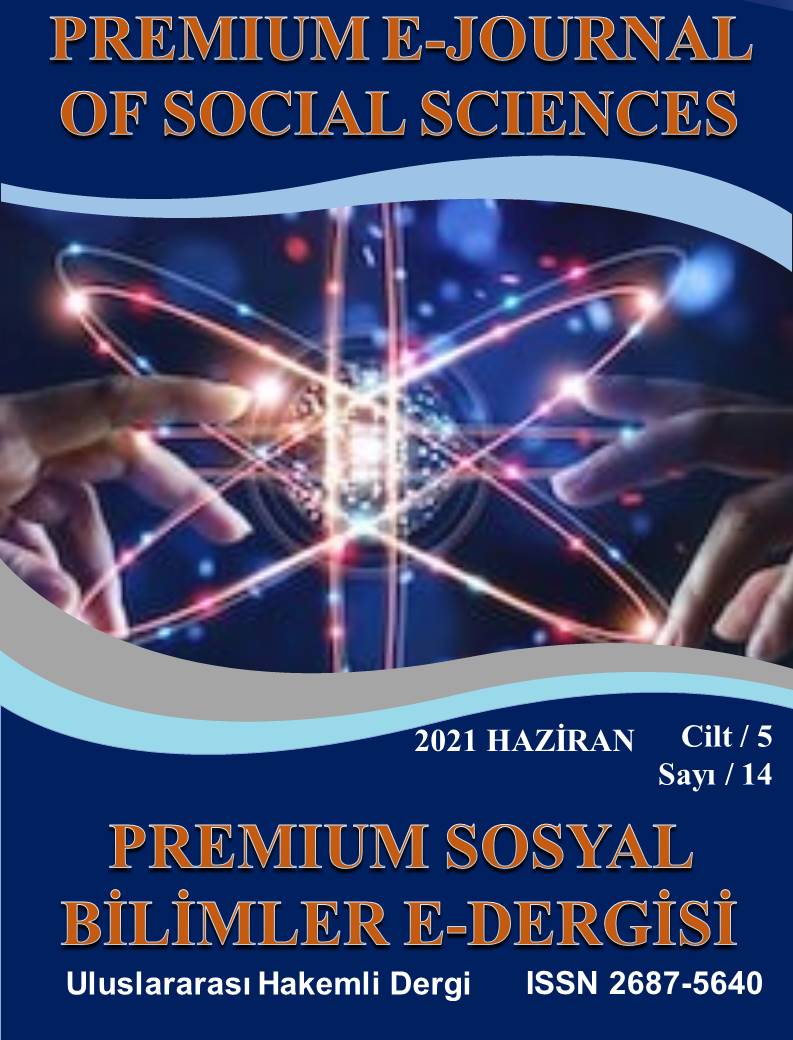A CRITIQUE ON SOME NATURALISTIC PHILOSOPHERS’ DOCTRINES OF POLITICAL ECONOMICS-ADAM SMITH
DOI:
https://doi.org/10.37242/pejoss.2140Anahtar Kelimeler:
Invisible Hand, Economics, Natural Law, Doctrine, ReligionÖzet
The mentality of ―naturalistic atheism‖ for political and economic lives considers- due natural law philosophy or assumption of necessitating of nature-oppression (like exploitation) as if it is natural, rational or righteous, for this mentality non-egoistic and materially powerless individuals have not completed their stage of evolution as Darwinist theories claimed and exploitation provides utility for the oppressors. The reason is that ―naturalistic political economic thought‖ declares ―life is conflict‖ for social-economic lives.
Philosophers of ―naturalistic political economic thought‖ have considered the order in the universe as it forms itself; a false comprehension and misguidance. Adam Smith, a naturalistic and enlightened (i.e. illuminatus) philosopher, used the term ―Invisible Hand‖ to express a ―naturalistic order‖ for economic life. He claimed that human addresses his own self-interest and not to others‘ humanity but to their self-love. That suggestion is based on declaration of several assumptions such as ―natural enmity of social bodies‖ which include many numerous contradictions.
Considering his self-interest as the lord over everything has driven mankind to a lowest degree as accepting abasement for some level of utility. While satisfying his greed, that naturalistic human (of ―naturalistic political economic doctrines‖) attacks the economic rights of the weak, the poor and cancels every one‘s right for his own benefit and ambition.
The incoherence and unreasoning consequences of foundation stones behind ―invisible hand‖ and its derivatives in Political Economics can be proved by referring to fundamentals of Christianity and Islamic economic doctrines
İndirmeler
İndir
Yayınlanmış
Nasıl Atıf Yapılır
Sayı
Bölüm
Lisans
Telif Hakkı (c) 2021 Premium e-Journal of Social Science (PEJOSS)

Bu çalışma Creative Commons Attribution 4.0 International License ile lisanslanmıştır.


